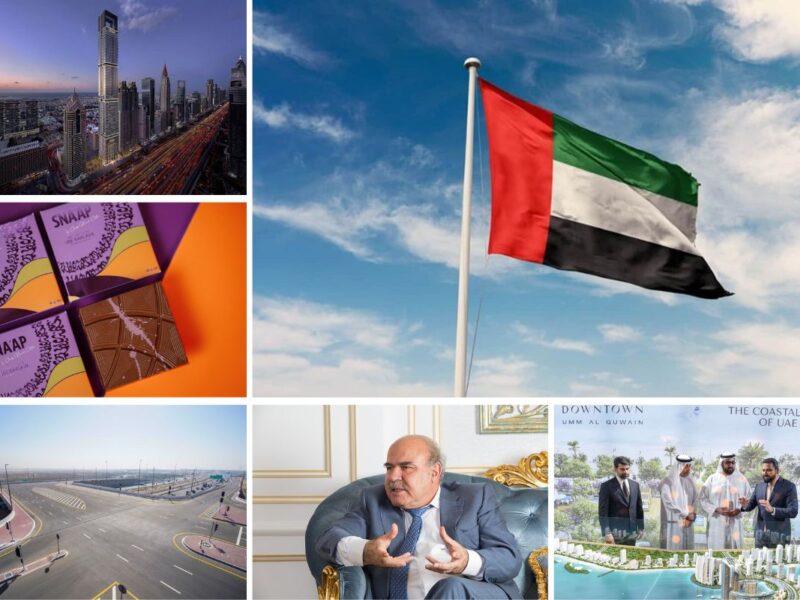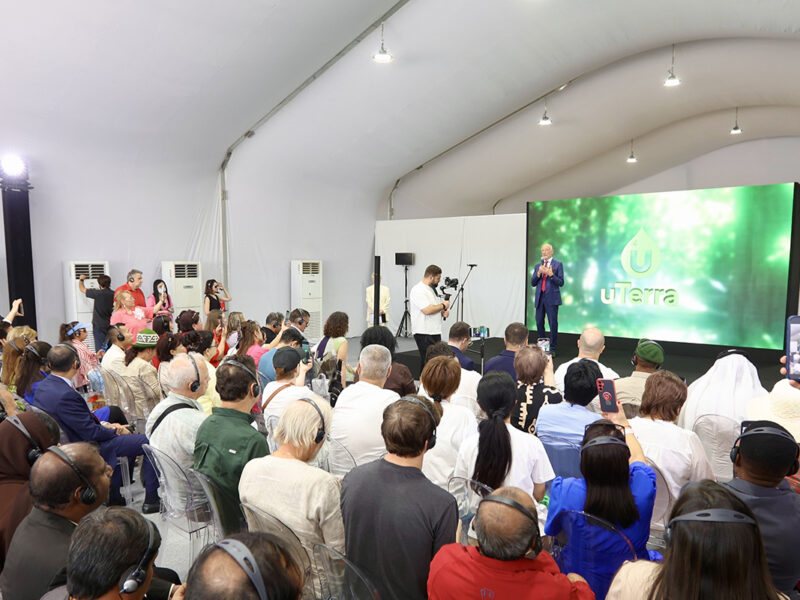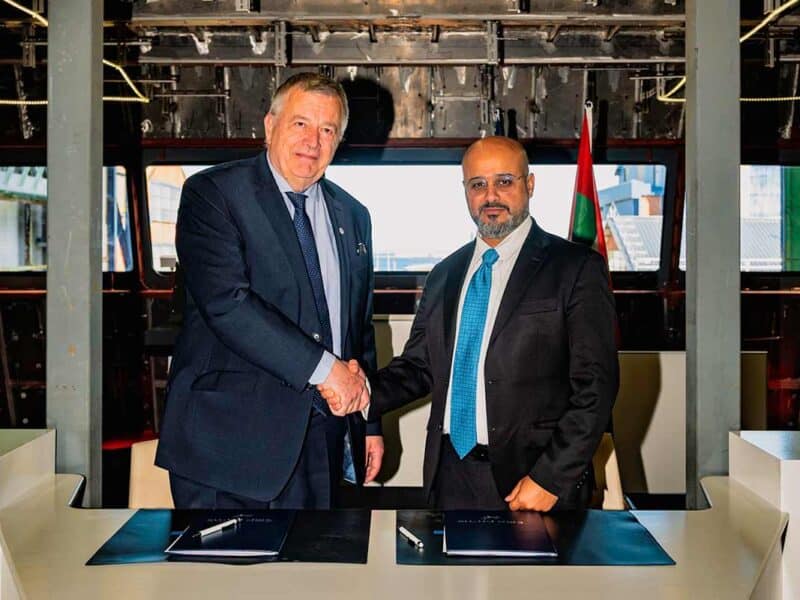Muammar Gaddafi’s £12bn ($19.5bn) of UK assets, including
cash and a £10m in London’s Hampstead neighborhood, are the new targets for the
rebels that deposed the former Libyan leader.
The National Transitional Council won United Nations
approval to access $1.55bn of Libyan currency held in the UK by printer De La
Rue earlier this week. There was so much cash that stacked chest-high it would
have covered a soccer field, said attorney Jeremy Brittenden, whose law firm
Hogan Lovells worked on the matter.
Attention is now turning to Gaddafi’s other British
investments, from bank accounts and hedge-fund stakes to homes, which were
frozen in February after the UN imposed sanctions.
“Anything we can link to the Gaddafi regime or his children,
we’re going to go after aggressively,” said Mohamed Shaban, a lawyer for the
new Libyan ambassador in London.
A meeting today in Paris to mark the shift to the new Libyan
leadership is being jointly chaired by French President Nicolas Sarkozy and UK
Prime Minister David Cameron. France is pushing the UN to unfreeze €1.5bn ($2.2bn)
to allow Libya’s new leaders to restore essential services and pay workers.
Britain’s Royal Air Force flew the first installment of the De La Rue funds,
280 million dinars ($233m), to Benghazi Wednesday to help end a cash shortage,
the Foreign and Commonwealth Office said.
The new Libyan government won an early victory last week
when a London judge granted it access to more than £60m deposited by the old
regime at British Arab Commercial Bank Ltd. The money is needed to pay for the
education of more than 2,000 Libyans studying in the U.K, Shaban said.
Libya’s new leaders urgently need funds to pay salaries,
establish a new government and carry out humanitarian work. A representative of
the transitional council, attorney Tarek Eltoumi, was tasked with recovering
some of the frozen UK assets, most of which are financial assets purchased by
the Libyan state investment group and the Libyan Central Bank.
The rebels will probably need to draw on overseas cash
reserves to bridge the gap between taking power and receiving oil revenue,
according to London-based British Arab Commercial Bank, which the holds more
than $170m for the Libyan Investment Authority. The transitional council needs
$6.5bn to meet urgent requirements, a representative told reporters last week.
“Liquid funds held in banks are likely to be depleted quite
rapidly as Libya meets its priority needs,” a statement from the bank said. It
is working with UK authorities on the frozen accounts and said that control of
the funds should pass to Libyan authorities “in the near future.”









